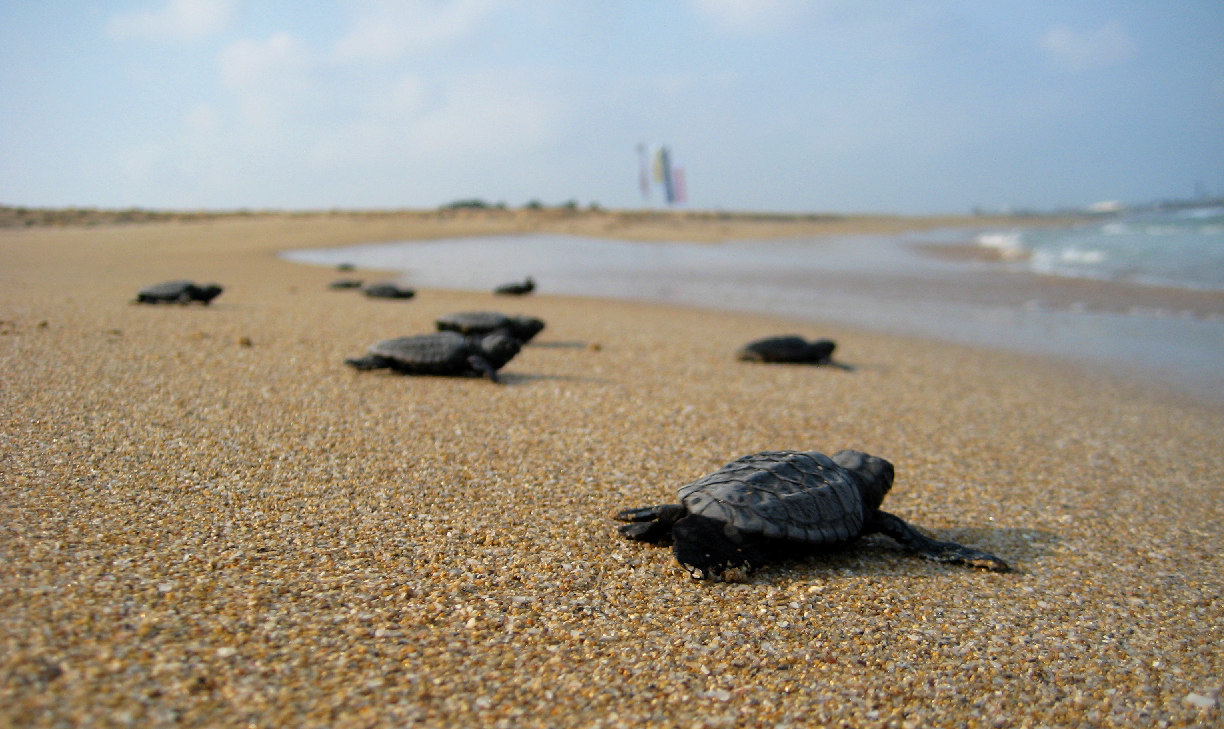
A unique workshop which brought together conservation and animal experts could reduce species loss.
We believe this study marks a significant step forward in defining research that both researchers and practitioners will be eager to pursue collectively. These efforts will be instrumental in developing novel, effective and cost-efficient management actions that capitalise on animal behaviour knowledge.
Alison Greggor
Animal behaviour experts and wildlife conservationists have come together to identify the 50 key questions on which they can collaborate to reduce species loss.
Experts from the two disciplines came together in a unique workshop described in a paper published today in the journal Trends in Ecology and Evolution.
Previous studies have shown that animal behaviour research has the potential to have a significant impact on urgent conservation management problems, such as halting the spread of invasive species and preventing the collapse of top predator populations, for instance, through preventing sea turtle hatchlings from mis-orienting away from from the ocean.
However, communication between the two disciplines has hampered progress.
The paper, Research priorities from animal behaviour for maximising conservation progress, is co-authored by Gates Cambridge Scholar Alison Greggor and describes a unique project to bring the two disciplines together to whittle down the key questions on which they can collaborate most effectively.
The idea is that unless these are identified communication and collaboration across the two disciplines of animal behaviour and conservation management will not improve, limiting progress and innovation in conservation efforts.
The international group of workshop organisers surveyed 85 experts in conservation biology or animal behaviour from around the world and collected information on their area of expertise, level of knowledge about animal behaviour and their country of work and research. They were asked to identify the top areas of overlap between animal behaviour and conservation biology and to determine which research questions would have the greatest impact if they were to be answered.
The 209 questions that emerged from the survey were then reduced to 50 at a workshop at the San Diego Zoo’s Institute for Conservation Research in March.
These were then divided into six broad categories. They include habitat loss and fragmentation, habitat degradation, human-wildlife conflict and overexploitation, disease and invasive species and conservation breeding and translocation.
Questions include when does human presence drive away predators and which behavioural characteristics might predict conflict between wildlife and humans.
Under the category disease and invasive species, the paper argues that behavioural traits could be used to identify those animals that are most susceptible to disease, more likely to colonise new areas or are otherwise disproportionately important to the dynamics of disease and invasion.
Several of the questions are relevant across multiple categories so there is a cross over category. For example, the researchers say that behavioural indicators can be used as a rapid assessment tool to provide an early warning of the presence of disease or the successful establishment of a population that has been translocated.
Alison Greggor, a PhD candidate in Experimental Psychology who co-led the workshop with Professor Bill Sutherland from the Department of Zoology at the University of Cambridge, said: "It is often challenging to bring researchers and conservation managers together to determine conservation priorities. We believe this study marks a significant step forward in defining research that both researchers and practitioners will be eager to pursue collectively. These efforts will be instrumental in developing novel, effective and cost-efficient management actions that capitalise on animal behaviour knowledge.”
Alison's current research focuses on birds' adaptability to urban conditions.
*Picture credit: Hatchling Loggerhead sea turtles (Caretta caretta) near Atlit, Israel, on their way to the ocean by Hila Shaked courtesy of Wikimedia.












